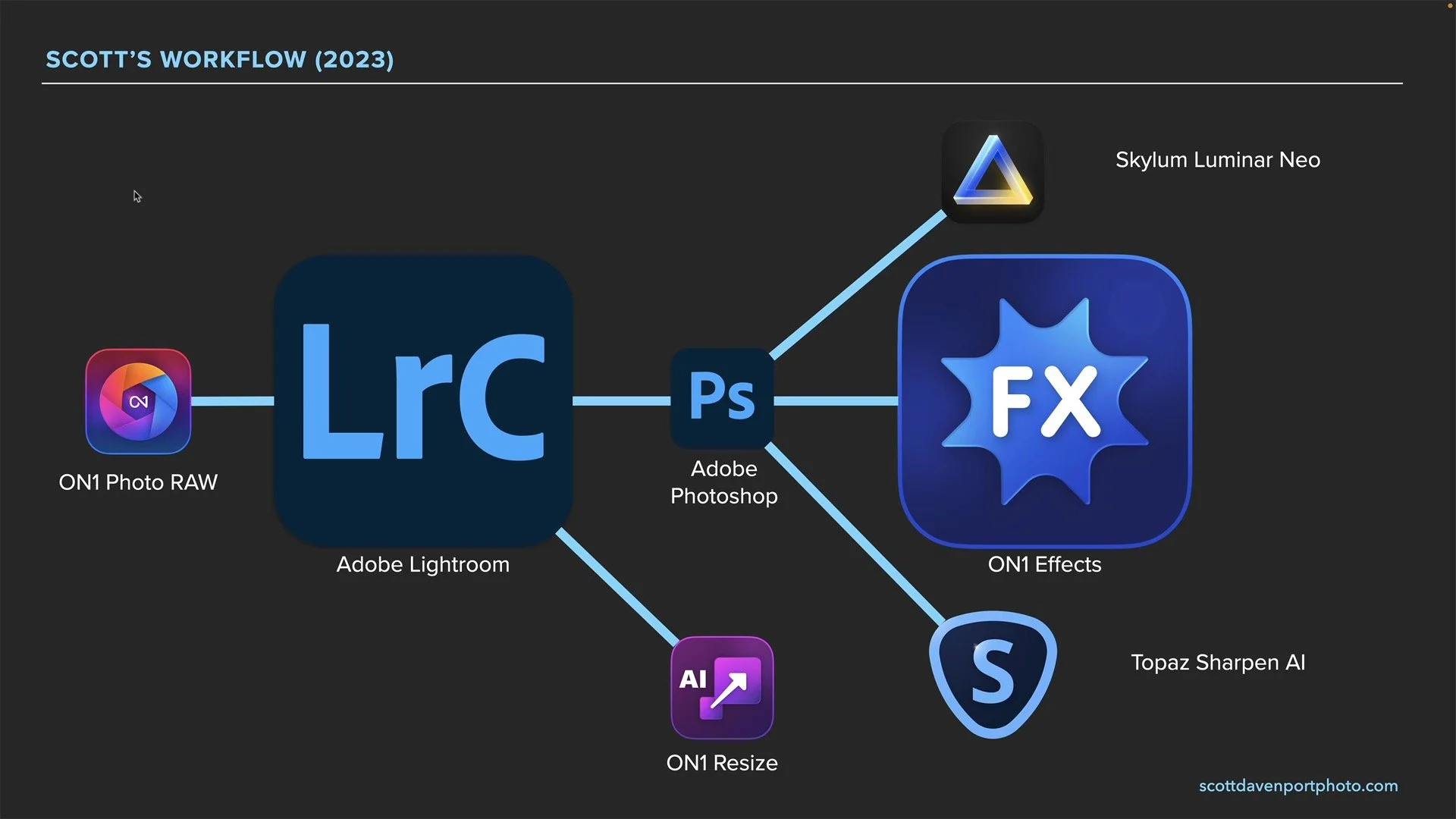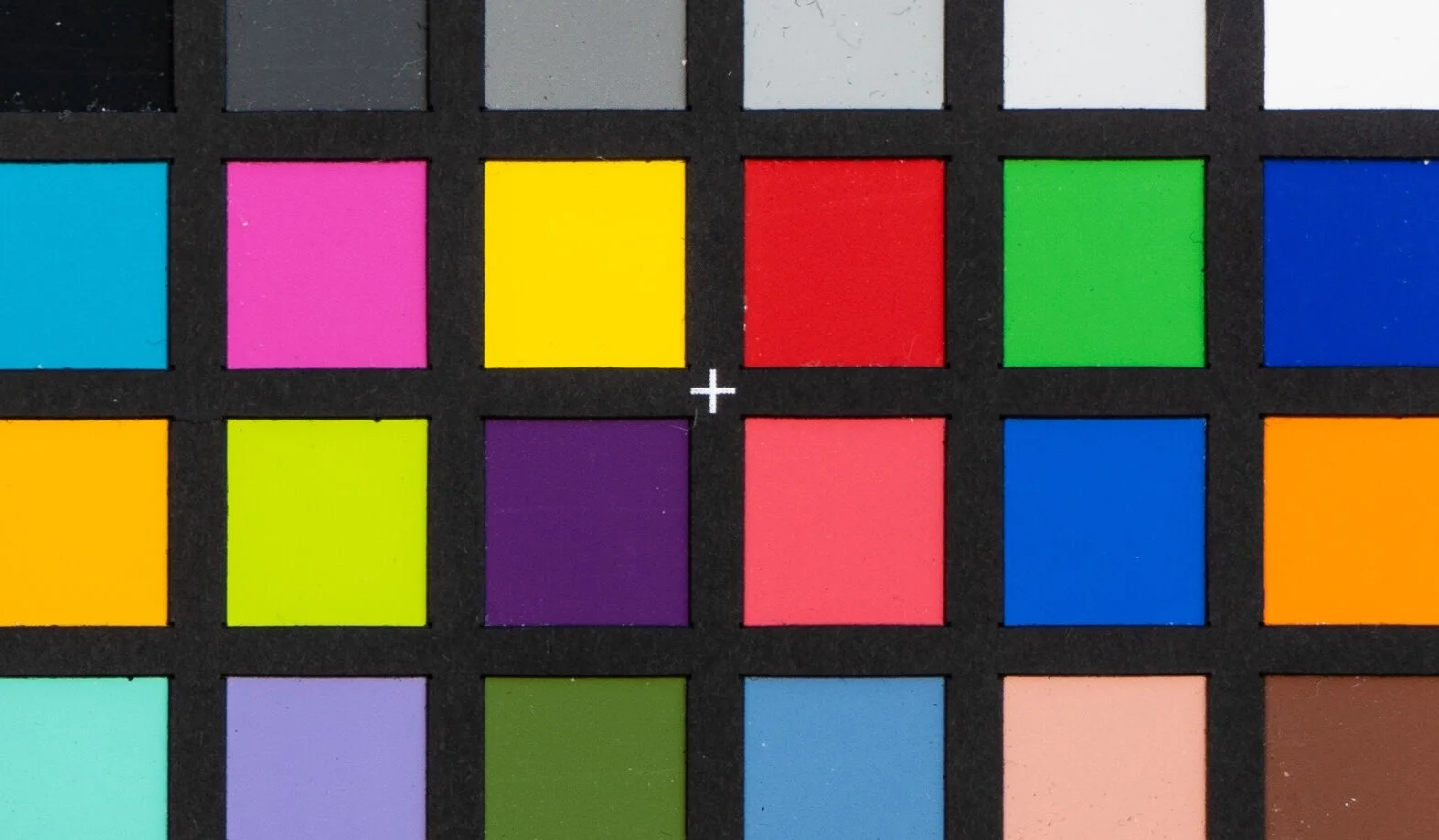Read The Terms & Conditions Before Saying Yes To That Instagram Share
My photography is predominantly viewed online. Upper 90th percentile easily. I post on Instagram a lot, like I'm sure many of you do. For some photos, I'm asked by another IG account if they can share my photo to their audience. No matter how often it happens, it's always a kick. A company or agency has liked your work enough to ask to share it. It means that my photo resonates with their brand and their audience.
If it were only a simple share.... Usually, share requests from companies and agencies come in the form of a comment on my IG post with instructions to reply with "#agree" or "#yes" granting consent. Also included is a link to their terms and conditions for the share. This is the stuff you have to read. The T&C details what rights you are granting the sharer and what you, the artist, are giving up. Some conditions are reasonable - social re-shares only. Others might ask for a higher resolution version of the photo to share - a clue that other online usage beyond a social share might be in play (especially if this comes via Instagram where high res isn't a factor).
I have encountered a few requests that have beyond reasonable terms & conditions. Recently, I was asked on Instagram by a large entity if they could share my photo. A pointer to their Terms and Conditions was included. So, I opened it. I read it. Twice. One of the many points reads (emphasis added is mine):
"You hereby grant to COMPANY_X a nonexclusive, royalty-free, worldwide, perpetual, irrevocable and fully sublicensable license to use, reproduce, modify, adapt, publish, translate, create derivative works from, distribute, perform and publicly display the Content you submit, in whole or in part, on COMPANY_X's social media accounts, on or in any digital platforms of COMPANY_X (including websites, apps and e-mail), and on third-party websites and apps for any purpose, including for promotional and publicity purposes. For purposes of clarification and not limitation, (a) this license includes, and you expressly consent to, COMPANY_X's right to use and publicly display your name, image, likeness and persona; and (b) nothing in this license transfers your ownership of the Content to COMPANY_X. Nothing in this license requires COMPANY_X to use or publish your Content in any specific way or on a specific platform or use or publish your Content at all, and all Content is subject to selection and curation by COMPANY_X. If COMPANY_X chooses to use or publish your Content on the Site, it will be deemed to have been posted at your request."
You don't need to read very far into the first sentence to know you're giving away everything. The phrase above all others that really jumped out at me is "fully sublicensable". What does that mean? They can license my photo to other parties. Without me. They could make money off of my work and I get nothing.
Well... I didn't agree. But suppose I did? It would completely confuse other license tracking I do, and any copyright infringement cases I might have in the future. Suppose I find someone using my photo to promote their business. I know I didn't license it. But did COMPANY_X? No idea. And I'm left with the burden of figuring that out.
Liberal terms and conditions are also often found in online photo contests. Make sure you read through them before sending in your work. Maybe it's OK for you, maybe not. My point is to be aware and informed beforehand.
This same philosophy holds true for end user license agreements (EULAs) for photography products. Being aware of the conditions is increasingly important with cloud-based applications, where your photo or artwork isn't solely on your computer. Here's an excerpt from one of the software packages I use:
"COMPANY_Y does not claim any ownership rights in the Content that you submit, post, upload, or import to the Site or the Software, or to the Outputs created therewith using the Software. Notwithstanding the foregoing, you hereby grant to COMPANY_Y a non-exclusive, fully payed and royalty-free, worldwide, limited license to use, publicly perform, publicly display, or reproduce such Content and Outputs on the Site and in other advertising materials to advertise the Site and/or the Software."
Summed up... I own the work, but by using their software and service, I am granting COMPANY_Y permission to use my work to advertise their software and service. Although I'm not particularly keen on unilaterally being subjected to granting a license for simply using a tool (that I'm paying for, by the way), this is not a complete release like the first example. The language is clear that my work can be used to promote COMPANY_Y and they don't have to pay me for that. Or necessarily credit me as the artist.
Whether or not you accept this type of license will depend on your situation. You certainly won't be able to bill the company for any work you create with their services. If they do use your work to promote their platform, will their reach bring you more clients? Or in my case, as an educator, more students? It's a case by case thing.
I specifically didn't include company names because I'm not trying to harp on any particular group or service. This type of T&C and EULA language is all over the place. Have you ever entered an online photo contest? Read the terms for photo contents. It's highly likely you are granting a usage license, maybe even relicensable.
Let's be honest. Terms & Conditions are boring. Really boring. Yet I read them. And hopefully you will, too. While I'm talking about safeguarding your work, I also mention Pixsy. I use Pixsy's service to help me find unlicensed usage of my work. Pixsy is awesome and they make the process of filing claims against infringers very easy.
And with all that... do keep sharing photos. Your work is meant to be seen. Whether your audience is small, medium, or large, keep our eyes happy with your work.









